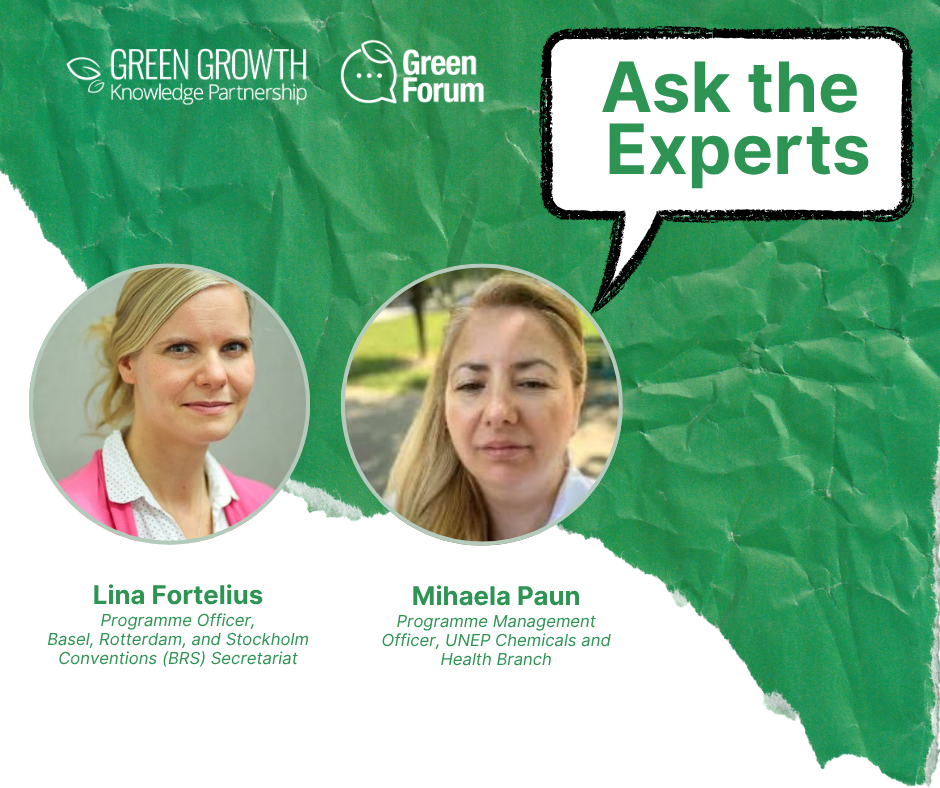Decades of Regional Gender Commitments
Latin America and the Caribbean have established an important trajectory of gender equality commitments spanning nearly five decades. Beginning with the 1975 World Action Plan for the Achievement of the Goals of the International Year of Women in Mexico City, the region has consistently advanced through various regional initiatives, culminating with the 2022 Regional Conference on Women in Latin America and the Caribbean.
Yet at the eleventh meeting of the Statistical Conference of the Americas in 2021, authorities had to reaffirm their commitment to incorporating gender perspectives in statistical production with a call to “break statistical silence to achieve social justice.” This gap between commitment and practice becomes stark in chemical management policies.
Broadening Participation in National Implementation Plans
National Implementation Plans (NIPs) under the Stockholm Convention are rich in technical information but can be challenging to translate into messages that resonate with communities. While inventories provide comprehensive data on POPs sources, they typically do not disaggregate results by gender, age, or social conditions. For instance, one recent NIP from the region highlighted these challenges: the drafting team was not gender-balanced, and data collection relied primarily on inputs from industrial chambers, overlooking perspectives from other groups.
Missing Perspectives in POPs Data
Consider dioxins and furans—among the most toxic POPs—which emerge from open-air garbage burning throughout Latin America and the Caribbean. Without gender-disaggregated data, critical questions remain unanswered: “How many children and women are affected by these substances?” “Are awareness campaigns conducted about chemical fire hazards, considering that carcinogenic and hormone-disrupting substances particularly impact women?” These data gaps directly connect to Article 10 of the Stockholm Convention, which requires information exchange and public awareness programmes.
Breaking Down Barriers
Multiple overlapping gaps restrict women’s participation in chemical safety decisions: participation gaps, technological gaps, digital gaps, and critically, land ownership gaps, which appear throughout the Caribbean and extend to countries in Latin America. Women’s access to land ownership directly connects to their decision-making power over chemical products introduced on their land.
Solutions exist within established frameworks. The Escazú Agreement’s gender action plan and the Biodiversity Convention’s strategic plan both provide entry points for gender considerations. Organised women’s networks—Amazonian women, teachers from fumigated schools—stand ready to contribute their expertise participating in NIP development and update process.
The Path Forward
Women are already organised across regional territories. Decision makers need only overcome the challenge of inviting them, calling them, guaranteeing their participation with equity—not merely equality of participation, but genuine equity that breaks down structural gaps. This approach would enable countries to develop NIPs that effectively reduce POPs impacts.
Breaking statistical silence requires recognising that environmental justice and gender justice are inseparable. It starts with collecting data that makes women’s experiences with chemical contamination visible—and centres their voices in creating solutions to this problem of chemical pollution.
This blog post was developed drawing on insights from the GGKP regional workshop for Latin America and the Caribbean “Mainstreaming Gender in National Implementation Plans under the Stockholm Convention” held on 26 August 2025. As part of the Global NIP Update project (GEF ID 10785), funded by GEF and led by UNEP, this workshop shared practical insights on integrating gender into NIPs, featuring experiences from the national project experts, civil society and community groups.
To learn more about the Global NIP Update project, visit Global NIP Update | Green Policy Platform
For a deeper dive into the GGKP gender workshop focused on Latin America and the Caribbean, you can access the full recordings and materials here: https://www.greenpolicyplatform.org/webinar/regional-workshop-latin-america-and-caribbean-mainstreaming-gender-national-implementation
Authors:
 |
Cecilia Bianco, Coordinadora área tóxicos, Taller Ecologista |
 |
Soomin Bae, Knowledge Management Support Consultant, GGKP/GGGI
|



